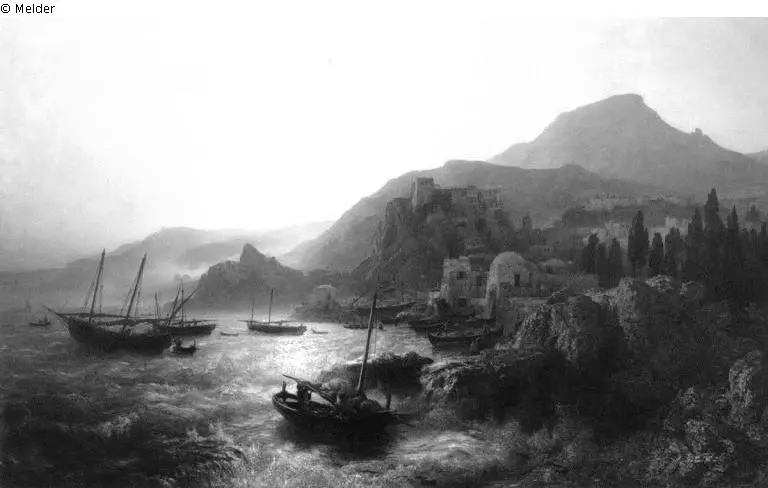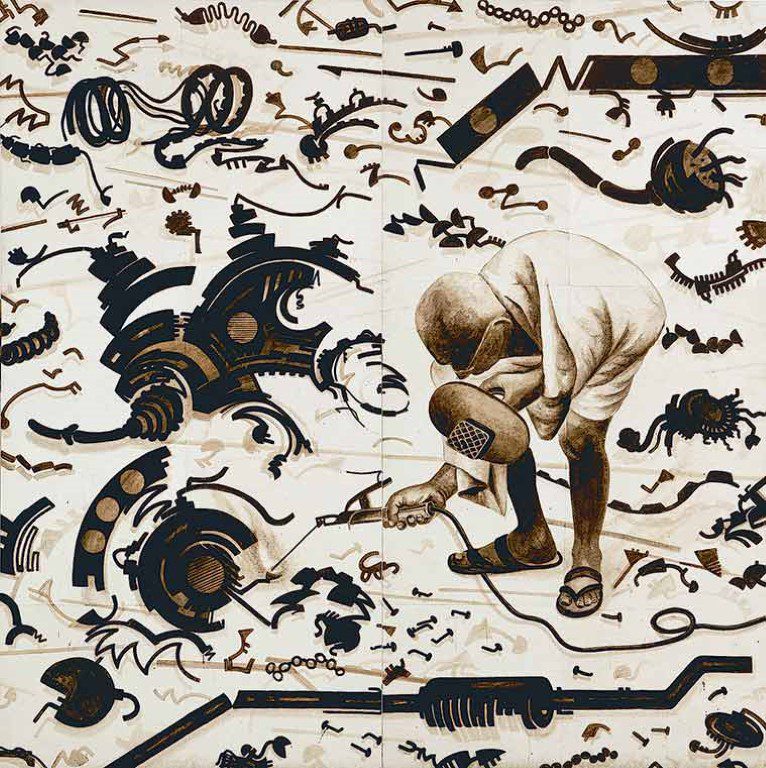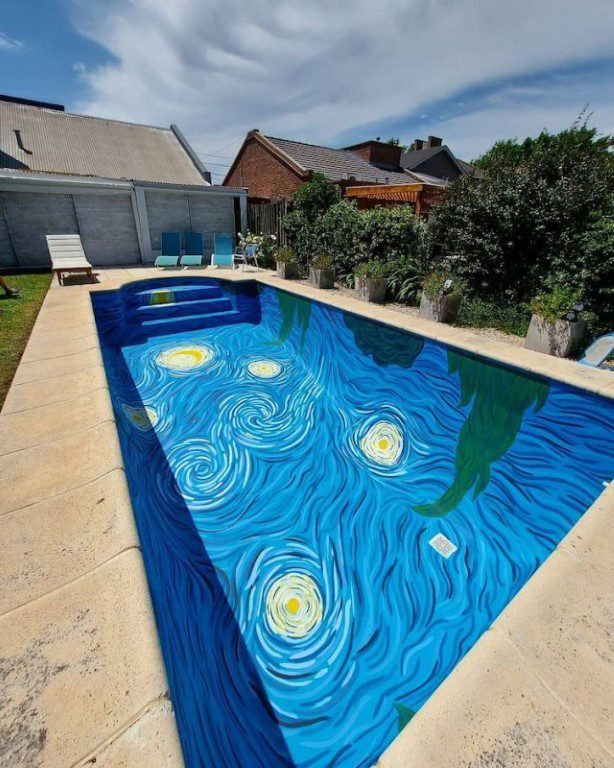In a gripping legal battle, an unnamed collector seeks to remove a valuable painting from the Lost Art Database, which tracks artworks stolen or looted during the Nazi regime. The painting in question, “Calabrian Coast” by Andreas Achenbach, carries a tumultuous history, having once belonged to Jewish-German art collector Max Stern.
The Tragic Tale of Max Stern and “Calabrian Coast”
Max Stern, a prominent art collector in pre-war Germany, faced the devastating repercussions of the Nazi regime’s persecution of Jews. In 1935, Stern was subjected to a ban on selling any artworks, imposed by the Nazi authorities. Two years later, he was compelled to part with his beloved painting, “Calabrian Coast,” under circumstances that undoubtedly involved coercion and loss.
Acquisition by Wolfgang Peiffer
Fast forward to 1999 when Wolfgang Peiffer acquired “Calabrian Coast” at a London auction, unaware of its turbulent history. Little did he know that this acquisition would set the stage for a legal dispute decades later.
The Stern Foundation and the Lost Art Database
In 2016, Wolfgang Peiffer lent the artwork to an exhibition in Baden-Baden, dedicated to showcasing the works of Andreas Achenbach. Following this exhibition, the Max Stern Art Restitution Project, represented by the Stern Foundation, took action and listed “Calabrian Coast” on the Lost Art Database. The aim was to reconnect stolen art with its rightful Jewish owners and their heirs, as part of an effort to address the historical injustices of the Nazi era.
The Lawsuit: Claiming Ownership
Disturbed by the listing on the Lost Art Database, Wolfgang Peiffer filed a lawsuit against the Stern Foundation in 2019. His claim was that the registration of the painting on the database implied a claim of ownership by the Foundation. Peiffer contended that Stern had willingly sold the painting before the Nazi ban on sales, making it free from any claims of restitution.
A Setback in the Lower Court
The lower court initially ruled in favor of the Stern Foundation, stating that the registration on the Lost Art Database did not constitute a claim of ownership. Peiffer’s attempt to have “Calabrian Coast” de-listed from the database was met with disappointment.
Federal Court Ruling: Upholding Database Listing
Undeterred, Wolfgang Peiffer took his case to the federal court, hoping for a different outcome. However, the federal court upheld the previous decision and ruled that the listing on the Lost Art Database did not impair ownership rights. The court emphasized that the database’s announcement of missing cultural property, based on factual information, does not interfere with the ownership rights of the current possessor.
The Road Ahead: Uncertain Paths
With the federal court ruling against him, Wolfgang Peiffer now faces a decision regarding his next legal steps. He may choose to bring a direct suit against the Lost Art Database or seek a court’s intervention to ascertain the true owner of the artwork. Meanwhile, the Stern Foundation has yet to formally claim restitution for “Calabrian Coast.”
The Max Stern Art Restitution Project’s Successes
Amidst the legal battle, it is important to acknowledge the successes of the Max Stern Art Restitution Project. To date, the Project has successfully restituted 11 works from Stern’s collection, including another Achenbach piece titled “Scandinavian Landscape” and a captivating artwork titled “A Portrait of a Musician Playing a Bagpipe” by an unknown Northern Netherlandish artist.
Confronting Historical Injustices: The Role of Lost Art Database
The legal dispute surrounding “Calabrian Coast” highlights the complexities of art restitution and the significance of addressing historical injustices. The Lost Art Database plays a crucial role in the ongoing effort to connect dispossessed artworks with their rightful heirs, ensuring that the victims of Nazi looting are not forgotten, and their legacies are rightfully acknowledged and restored.
Feature Image: Andreas Achenbach, Calabrian Coast, 1861.VIA THE LOST ART DATABASE
Is Attacking Art for Climate Action ‘Vandalism’? Experts Explain

Contributor





